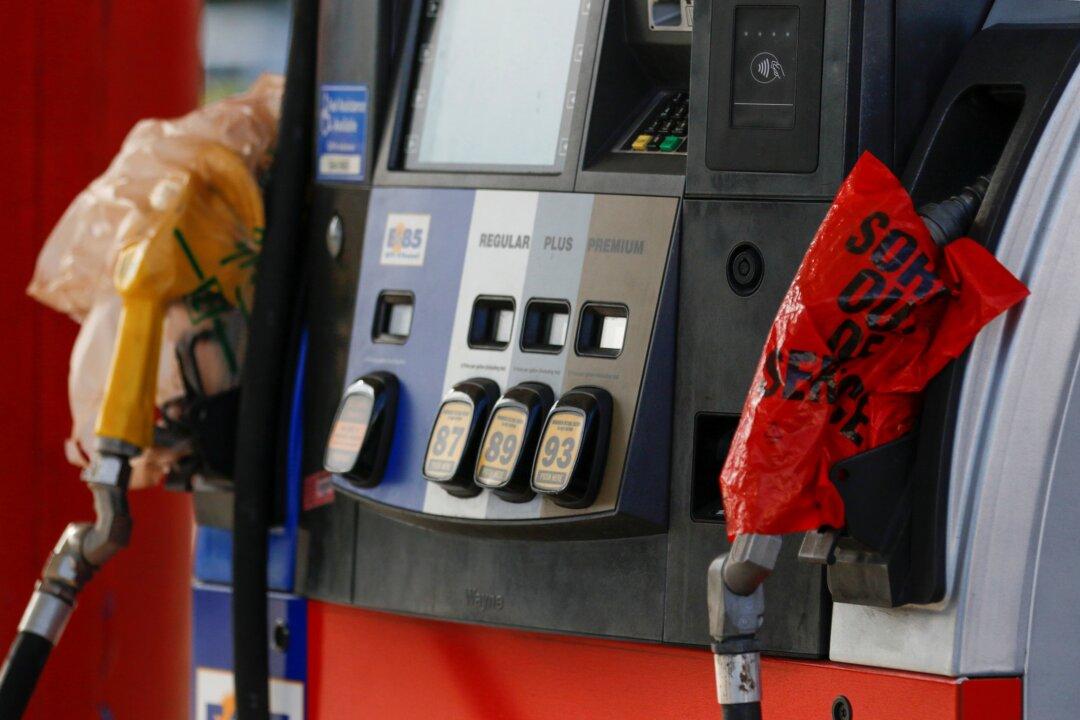Gas stations in multiple U.S. states ran out of gas on Monday after hackers attacked a pipeline that runs from Texas to New Jersey.
Stations in Florida, Georgia, South Carolina, North Carolina, and Virginia were out of fuel after customers rushed to fill vehicles following the hack of Colonial Pipeline.





